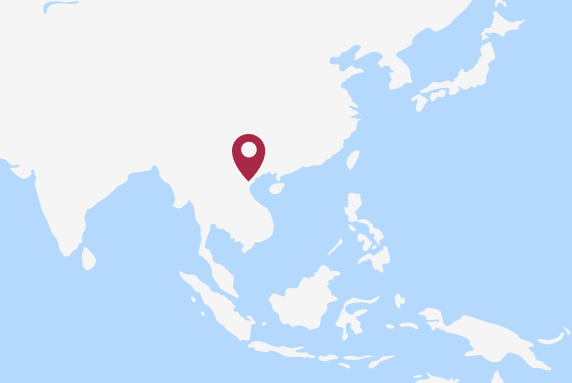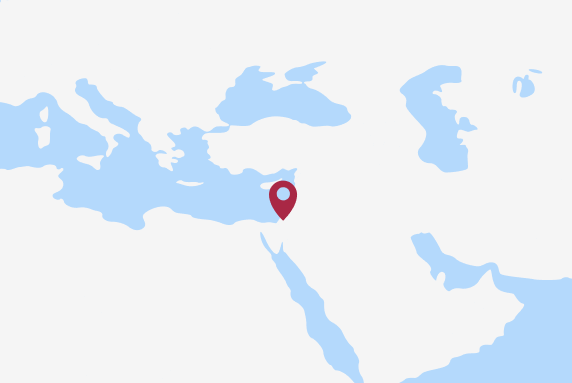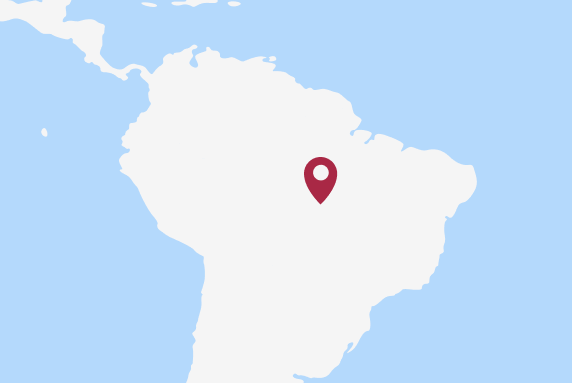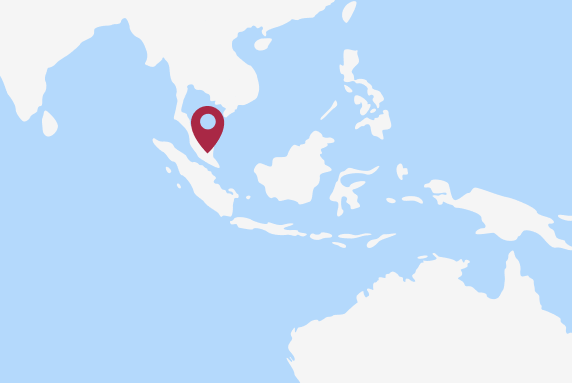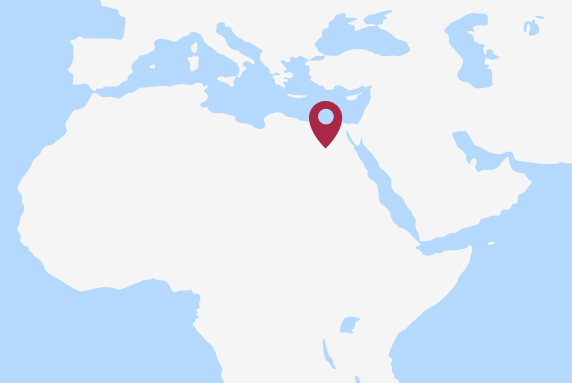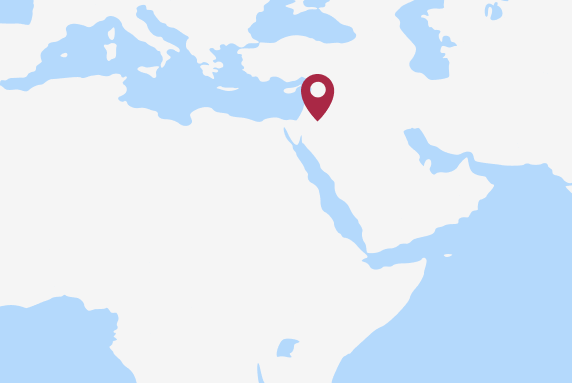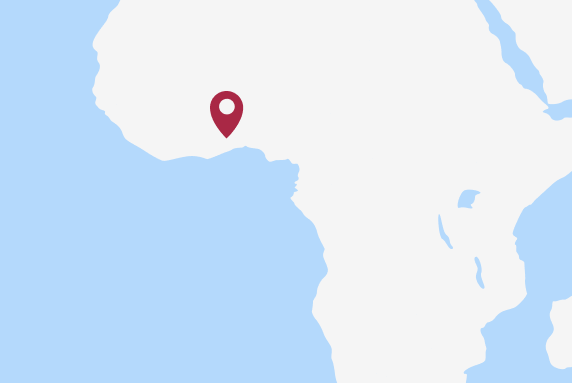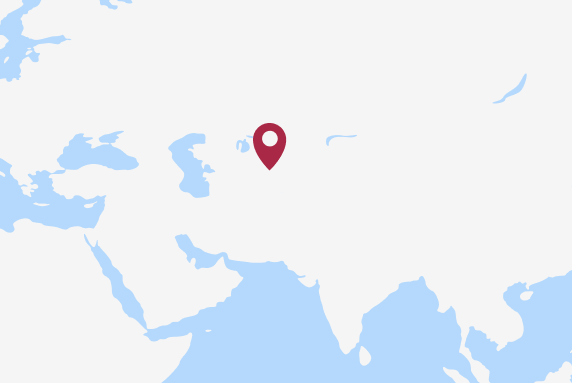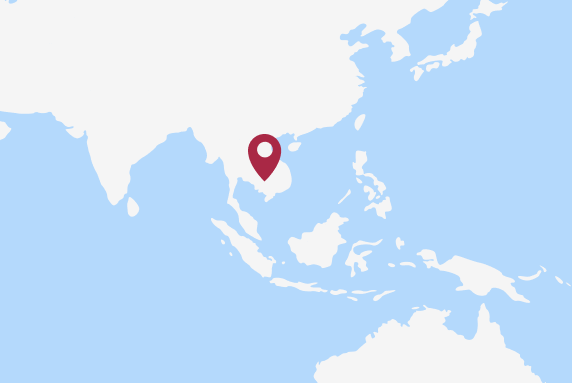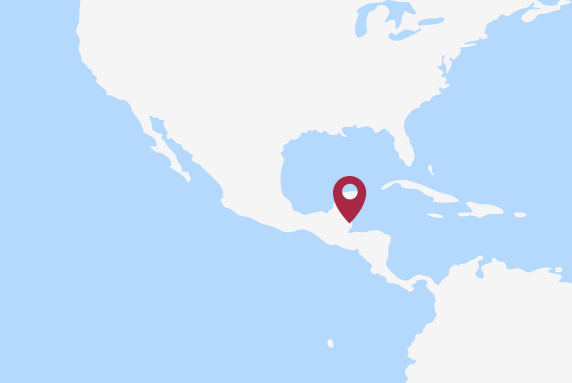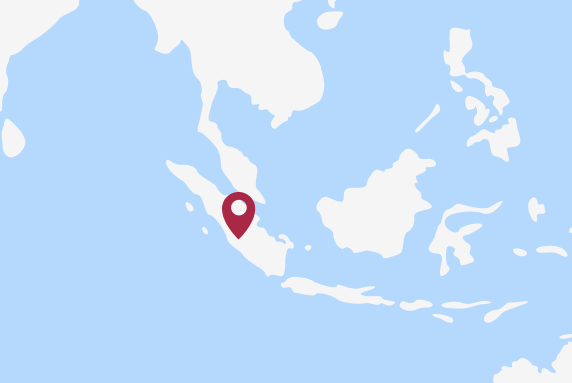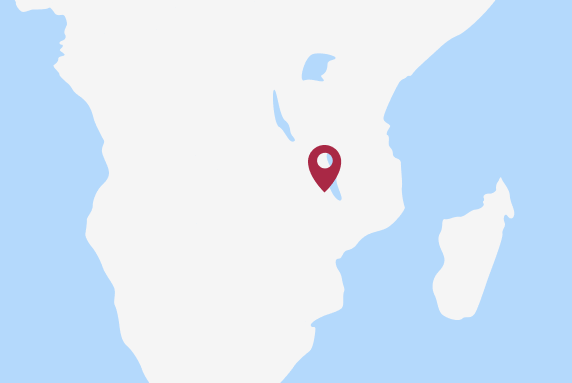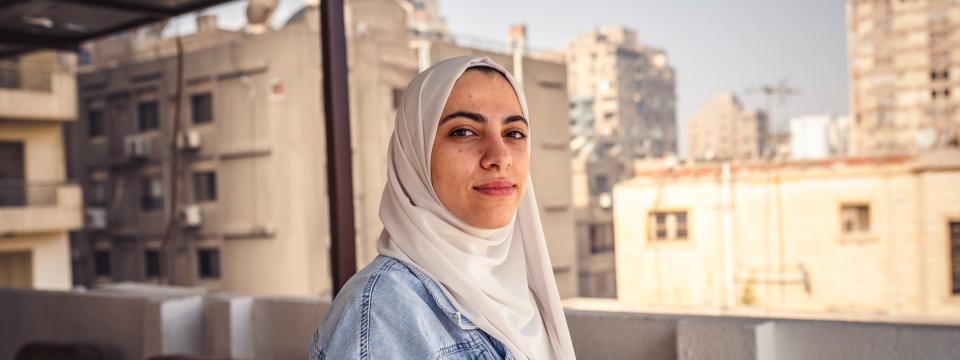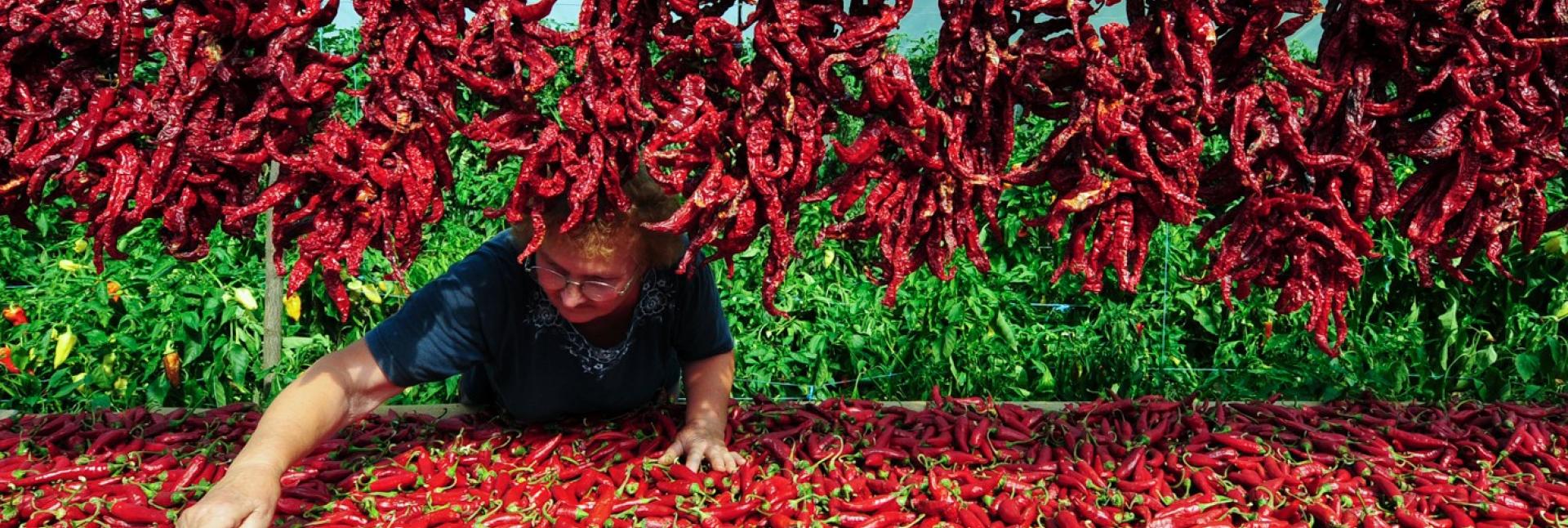
Financing
Quality of funding and financing
More and better funding for UN teams’ efforts
Enhanced coordination leveraged quality funding, with a drastic increase in UN teams’ access to global pooled funding.
- Resident Coordinator leadership was crucial for the Spotlight Initiative to reach women and girls with essential services for survivors of violence across more than 25 countries, promoting gender-equitable norms to one million young people, and passing laws and policies to address violence against women and girls across 17 countries.
- In Nepal, the Spotlight Initiative allocated €23 million for four years to a programme on jobs, social protection, elimination of gender-based violence and governance access for women.
- The Peacebuilding Fund invested $195 million in 2021 in joint programmes under Resident Coordinator leadership (nearly a 12% increase from 2020), contributing to Cooperation Frameworks’ peacebuilding components in 31 countries and seven cross-border settings.
The Joint SDG Fund hosted by the Development Coordination Office mobilized $79 million in 2021 and capitalized $224 million in total.
To date, the Joint SDG Fund has approved a total of $236 million in commitments under 151 joint programmes, with financing channeled to 25 UN entities covering 118 countries and territories.
Viet Nam
Lebanon
In 2021, the Joint SDG Fund launched a dedicated window to address Small Islands Developing States' vulnerabilities. In 2022 the Fund is investing in resilience building and recovery, promoting sustainable blue economies, food systems, digital/data transitions and social protection in 42 Small Islands Developing States.
The Resident Coordinators in Small Island Developing States spearheaded a Multidimensional Vulnerability Index, under consideration by the UN General Assembly, with potential to overhaul the access to development financing for Small Island Developing States.
The UN COVID-19 Response and Recovery Trust Fund ensured a strong link with the Resident Coordinator system.
- The UN COVID-19 Response and Recovery Trust Fund programmed $85 million to 24 UN entities jointly delivering across 83 countries.
- The UN COVID-19 Response and Recovery Trust Fund will close in June 2022, and the Joint SDG Fund will take over through targeted investments for resilience building and recovery.
Enhanced quality and innovative financing for the SDGs
Resident Coordinators proved pivotal in shifting the UN discourse from funding to financing, bringing together whole-of-UN capacities for SDG financing.
UN teams, with the support of the Finance Sector Hub established by UNDP, are supporting governments in 80 countries to develop SDG financing strategies through the roll-out of Integrated National Financing Frameworks, 69 of which benefit from Joint SDG Fund support.
Malaysia
Egypt
Jordan
Benin
Cambodia
Belize
Indonesia
The UN COVID-19 Response and Recovery Trust Fund
The UN COVID-19 Response and Recovery Trust Fund programmed nearly $75 million to 24 UN entities to deliver on joint programmes across 80 countries, procuring critical supplies, providing essential healthcare, extending digital learning, restoring water, sanitation and other basic service infrastructure, and helping formal and informal businesses, while mainstreaming a gender-sensitive approach and supporting millions of people most at risk of being left behind.














